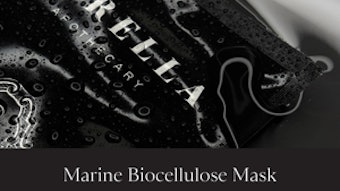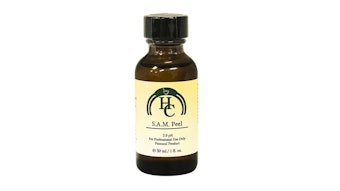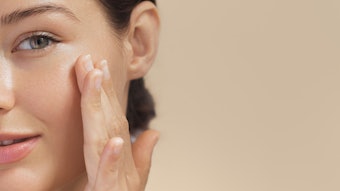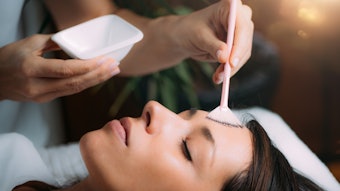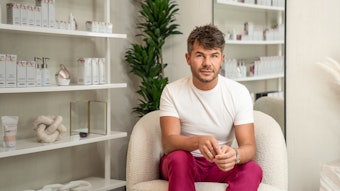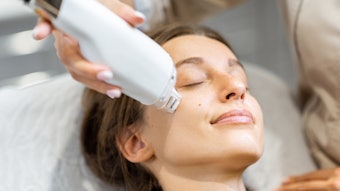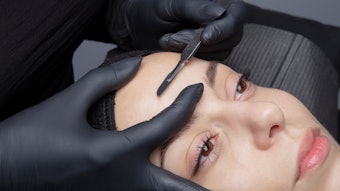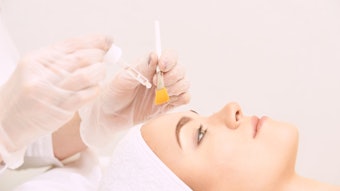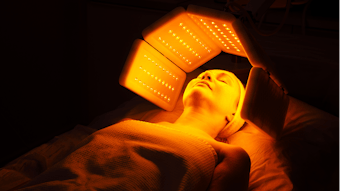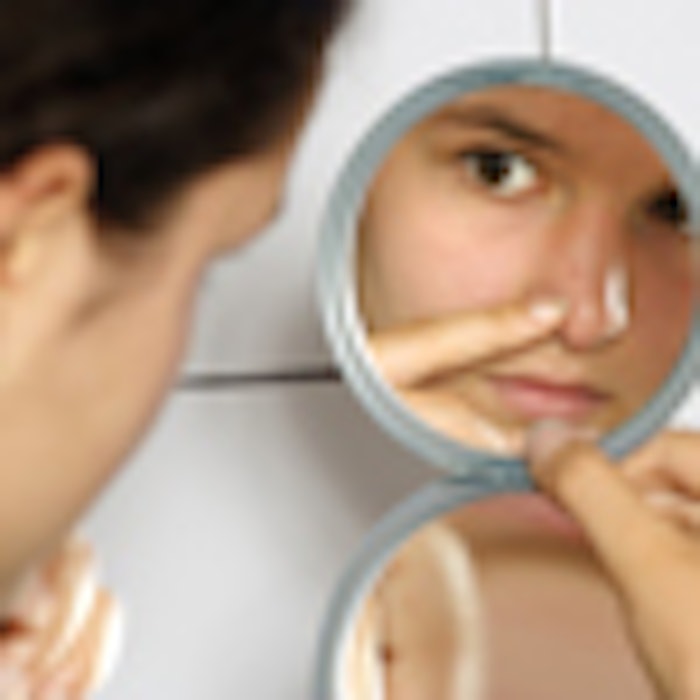
Only on SkinInc.com: Commentary from Rayda Ireifej, owner of The Brow and Skin Studio in Huntington Beach, CA, follows this article explaining how skin care professionals should begin treating teenage acne clients.
A new survey from the United Kingdom provides insight into just how teenagers and parents perceive teenagers with acne. The survey report publication coincides with the launch of a new website that will provide support to acne sufferers and their families. The results of the survey confirm that teenagers with acne are consistently perceived very differently as compared to teenagers without acne. Respondents generally felt that teenagers with acne would be less sociable and less successful. Teenagers with acne suggested that they would offer a lot in return for not having acne; one in two teenagers would stay off Facebook for a year if they could get rid of their acne forever. In addition, more than a quarter of teens with acne would refuse to have their picture taken and a fifth have untagged photos of themselves on Facebook, while around 15% have airbrushed their image to make sure their acne isn't visible in photos.
The survey also revealed that 70% of teenagers with acne have not sought medical advice, yet interestingly of the 30% who had sought medical advice, 91% noticed an improvement to their skin after using a prescription medicine. Results indicated:
- That teenagers with acne are perceived less favorably than clear-skin teens by both teens and adults, demonstrating how acne may impact teen's' opportunities for advancing socially and academically.
- That many parents appear to have misguided perceptions regarding the extent to which teens are affected by their acne. Living in the digital era of instant photography uploads and social networking could be making the issue of acne so much worse for today's teenagers than previous generations.
- That the single biggest issue in the majority of teenagers' lives is their appearance, well ahead of issues to do with their social life and education. A solid opinion among teenagers was that their acne was not serious enough to warrant the doctors time.
- And finally, the panel was surprised that so few seek treatment when there are so many effective treatments for acne, especially given the risk of scarring in serious acne when left untreated.
Teenagers and young adults are the age group most commonly affected by acne and the effects of having acne can be very distressing, leaving a negative effect on people's lives. Despite the high incidence of acne, little research has been conducted to examine the perceptions of both teenagers and parents of teenagers with acne.
"As dermatologists, we can control and manage acne effectively. Successful and early treatment will result in improved patient satisfaction, confidence and overall psychological well-being," says Alison Layton, MD, consultant dermatologist and chair of the Acne Academy.
Source: Acne Academy
Rayda Ireifej, owner of The Brow and Skin Studio in Huntington Beach, CA, gives SkinInc.com tips on how to begin treating teenage clients who have acne.
Skin health has been a top goal of skin care professionals, dermatologists, personal care chemists, researchers and products developers, as well as the public, for decades. Adolescent acne is been a serious condition that reflects on a young person's looks and healthy well-being. Therefore, as skin care professionals, you are obligated to increase the awareness of the condition of acne to your clients as they visit your skin care facility.
While educating teenagers and their parents about how serious the acne condition is and its effects on the skin ranging from bad inflammation to post-inflammatory pigmentation, or scarring, it is important to keep in mind that you, as a skin care professional, need to continue with your education in all aspects to obtain the knowledge and the power to benefit your clients and their needs.
Important points to remember include the following.
- Provide an accurate analysis of skin conditions and acne grade. Make sure you and your team members know the difference between rosacea, skin reactions and acne.
- Provide the proper treatment, which may include acid or nonacid exfoliators.
- Extraction is very important step in the acne treatment. You have to know what stages to extract and to avoid so you can prevent the spreading of acne within the dermis.
- Sanitizing and balancing the skin's pH level is a must, no matter what treatment you are doing.
- Protect clients with a sunscreen that is SPF 30 or higher.
- Educate your clients about how a healthy diet is essential to healthy skin.
- Recommend a home regimen that contains benzoyl peroxide 5-10%, depending on the acne grade level for antibacterial effects. If skin reacts to benzol peroxide, salicylic acid can be useful.
- Consider using hydrators, such as vitamins C and E, in 5-20% strength.
- Applying a zinc and sulfur mask can be healing and have an antibacterial effect.
- Advise acne clients to have a very low sodium and no iodine diet.
- To be successful with controlling acne, your client needs to commit to have one treatment per week for six to eight weeks.
